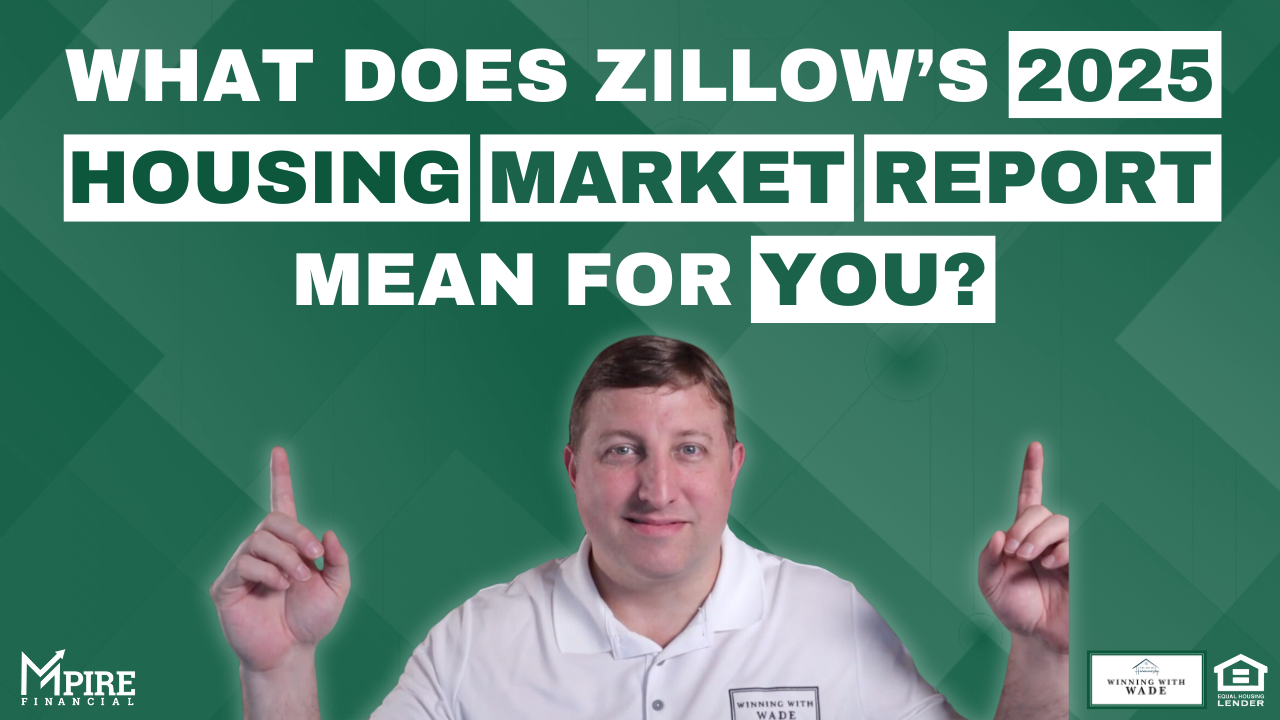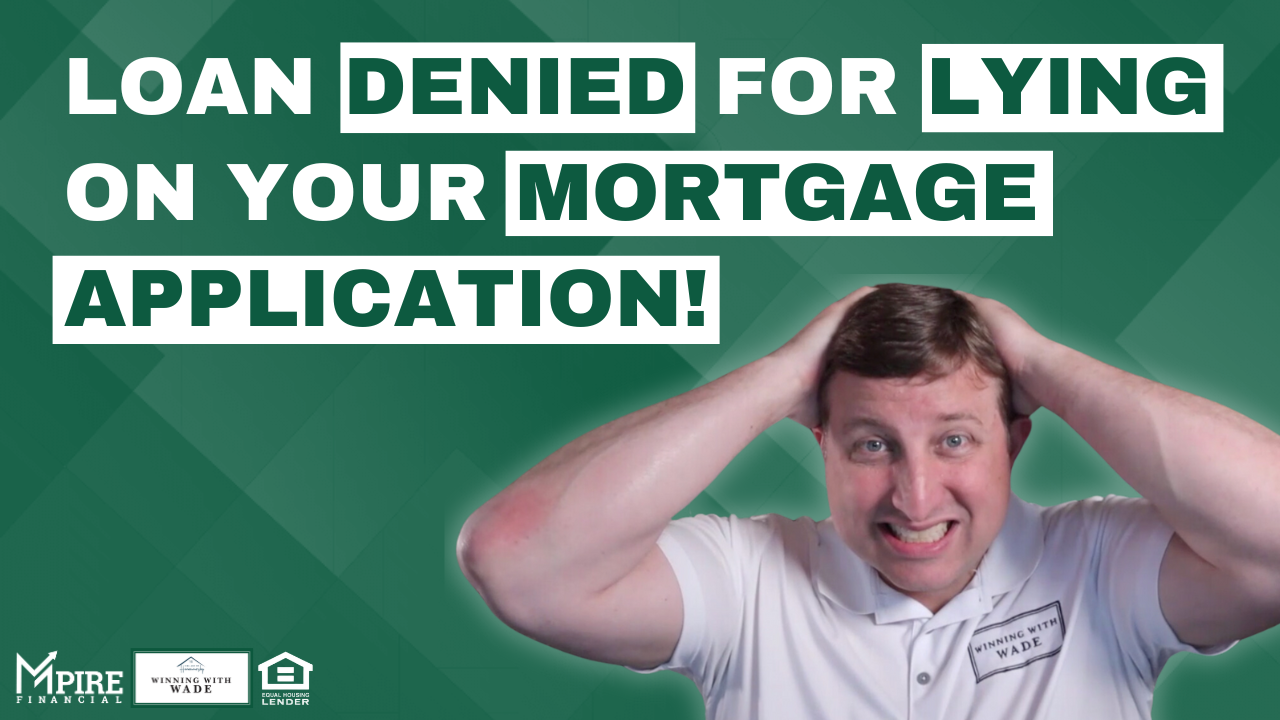The housing market is one of the most talked-about industries in America, and Zillow’s recently…
Closing Costs: How Much Cash Do You Need?
Closing costs are an essential factor frequently neglected during the home buying process. While purchasing a home is an exhilarating milestone, it involves various financial aspects beyond just the purchase price.
These fees are a necessary part of finalizing your real estate transaction and can catch many buyers off guard if they’re not prepared. In this guide, we’ll break down what closing costs are, how much you should budget for them, and strategies to manage or even reduce them.
Understanding Closing Costs
These costs encompass various fees paid at the end of a real estate transaction to cover administrative and service-related expenses. They ensure the smooth transfer of property ownership and involve multiple parties, from lenders to local government offices.
Why Budgeting Matters
Failing to anticipate these expenses can cause unexpected financial strain during home-buying. Proper budgeting for these expenses is essential to ensure you don’t stretch your finances too thin.
1. What Are Closing Costs?
A Breakdown of Common Components
Here are the most common fees you can expect when paying for closing costs:
- Loan Origination Fees: These are charges by the lender for processing your mortgage application.
- Appraisal Fees: A professional valuation of the property to ensure the home’s value matches the loan amount.
- Title Services: Costs for a title search and title insurance to confirm the seller’s ownership of the property and protect you against future ownership disputes.
- Recording Fees: Paid to local government agencies to officially record the property sale.
- Survey Fees: Charges for verifying property boundaries and identifying any encroachments.
- Homeowners Insurance: An upfront premium to protect the home against damages.
- Property Taxes: Depending on the time of year and local regulations, prorated property taxes may need to be paid at closing.
Each of these costs contributes to the total amount you’ll need to bring to the closing table.
2. How Much Should You Budget for?
General Estimate
A good rule of thumb is to budget 2% to 5% of the home’s purchase price for closing costs. For example:
- For a $300,000 home, closing costs might range from $6,000 to $15,000.
Influential Factors
Several factors can affect the exact amount you’ll pay:
- Location: State and local fees, taxes, and insurance requirements vary widely by region.
- Loan Amount and Type: Different loan products (FHA, VA, conventional) have unique fees associated with them.
- Property Type: Costs can differ based on whether you’re purchasing a condominium, single-family home, or new construction.
3. Strategies to Manage and Reduce Costs
If you’re feeling overwhelmed by the potential cost, don’t worry—there are ways to manage and even lower your closing costs.
Shop Around for Services
Not all closing costs are set in stone. Services like home inspections, appraisals, and title insurance can vary in price depending on the provider. Take the time to gather multiple quotes to find the most competitive rates.
Negotiate with the Seller
In some cases, you can negotiate with the seller to cover a portion—or even all—of your closing costs. This is especially common in a buyer’s market where sellers may be more willing to accommodate.
Explore First-Time Homebuyer Programs
Many first-time homebuyer programs offer grants or low-interest loans to help cover closing costs. Research what’s available in your area to take advantage of these opportunities.
Review Your Loan Estimate
Your lender will provide a Loan Estimate that outlines all expected costs. Carefully review this document and don’t hesitate to question any fees that seem unclear or unnecessary.
4. Tools and Resources
Closing Costs Calculator
Estimating your costs is easier with tools like a mortgage calculator. Use this mortgage calculator to get an accurate estimate based on your home’s purchase price and loan terms.
Professional Guidance
Navigating closing costs can be complicated. Work with trusted professionals like real estate agents, mortgage brokers, and financial advisors to ensure you fully understand your expenses and options.
Final Thoughts: Preparation is Key
Closing costs are an unavoidable part of buying a home, but they don’t have to be a source of stress. By understanding the components of closing costs, budgeting appropriately, and exploring strategies to reduce them, you can approach your home purchase with confidence.
Preparation and knowledge are key to making this significant financial investment a smooth and rewarding experience. Feel free to reach out to us with questions or comments or even to get a second opinion on a quote you’ve received from another lender! If you’re getting a great deal, we’ll give you the thumbs up!




